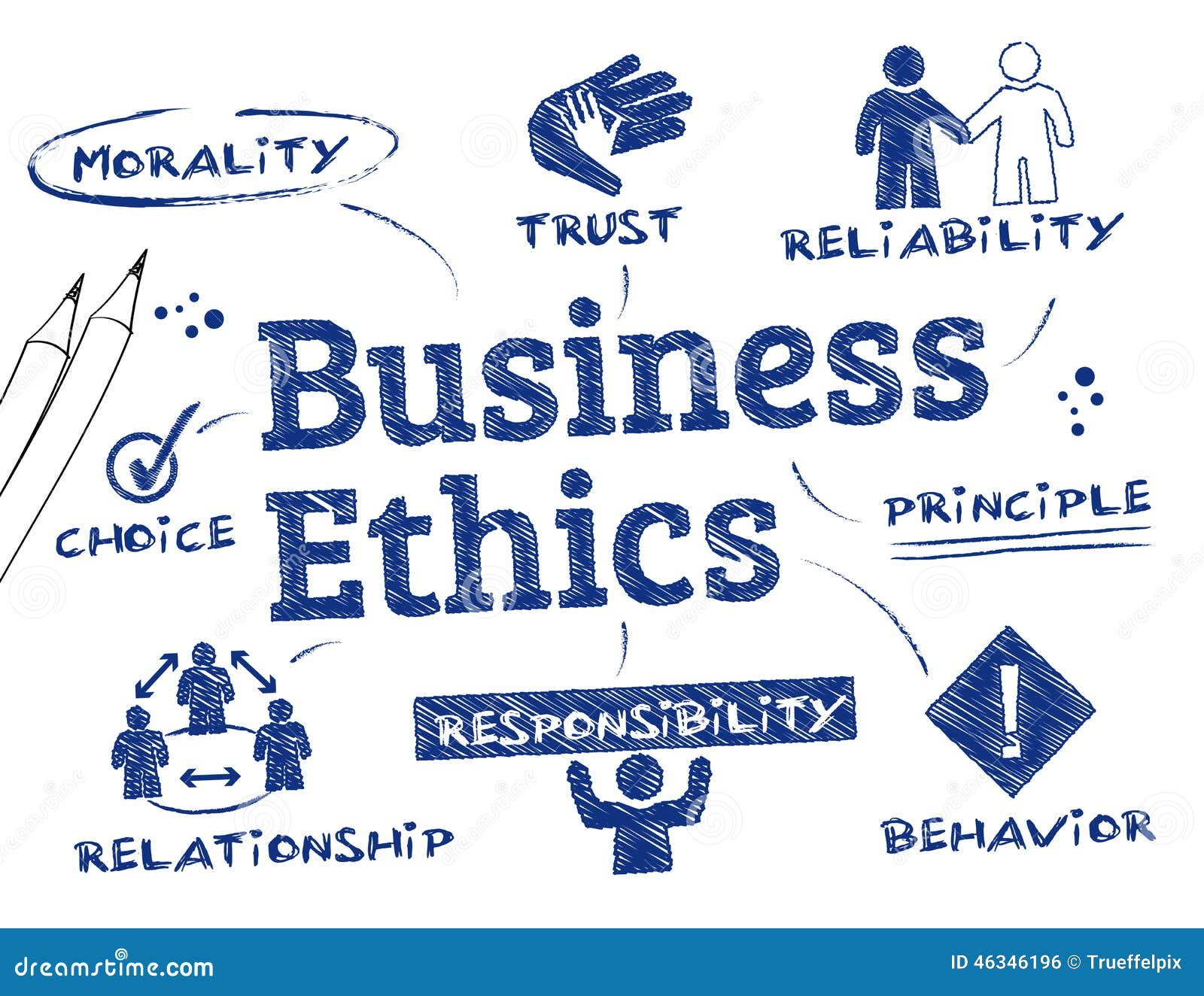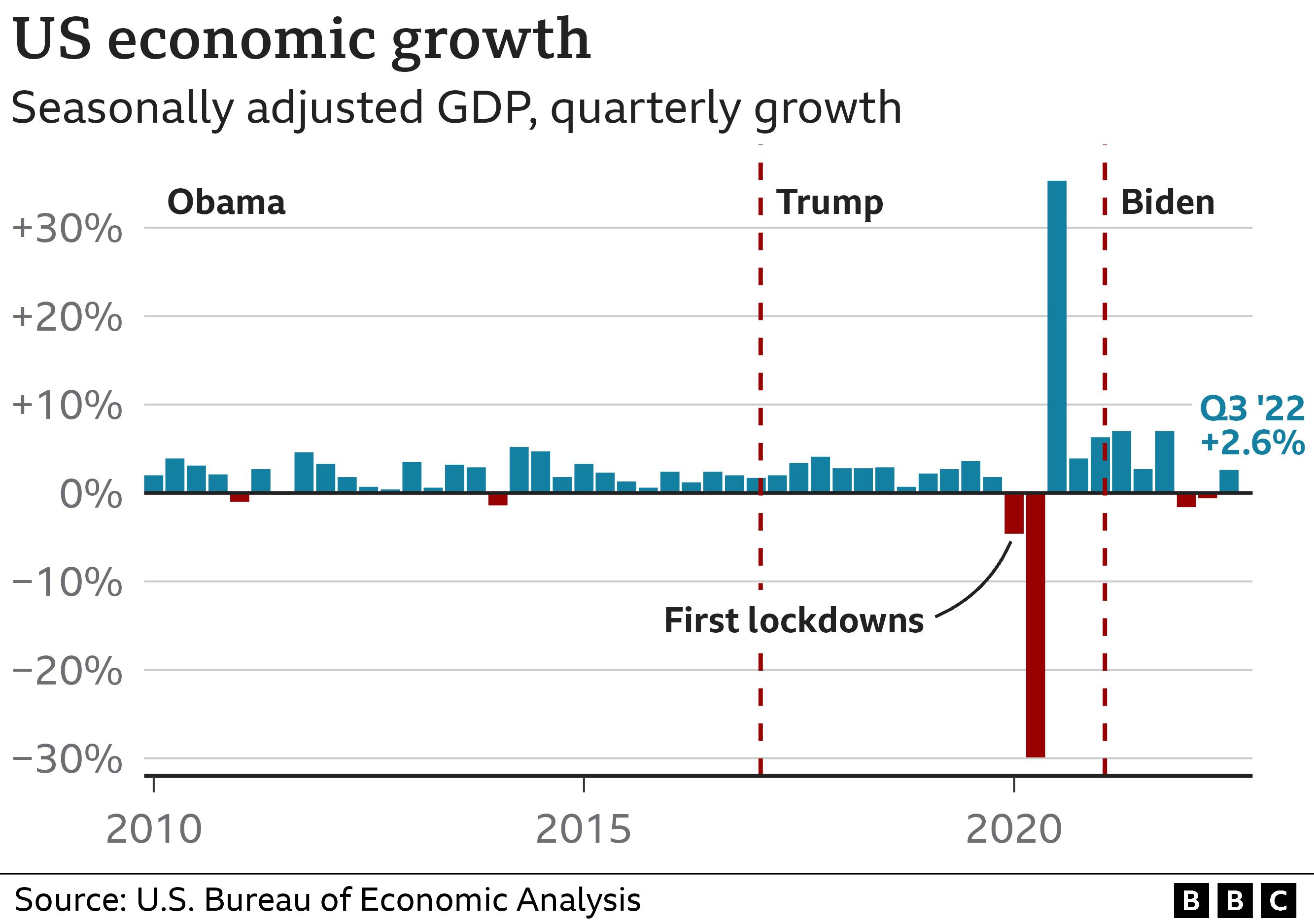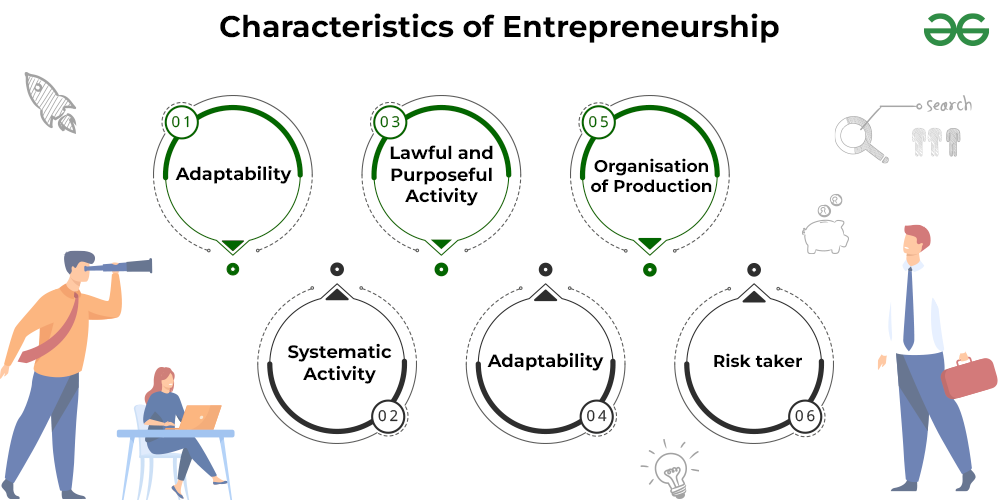Business ethics lies at the intersection of morality and commerce, guiding leaders in making decisions that reflect integrity and accountability. In an era marked by complex business dilemmas and the intricacies of ethical decision-making, the importance of a sound ethical framework cannot be overstated. Business leaders like Joseph Badaracco emphasize that navigating the legal gray areas of today’s economy requires careful consideration of various stakeholders and their expectations. With examples of notorious breaches of ethics from figures like Sam Bankman-Fried to Elizabeth Holmes, it’s clear that the consequences of unethical business practices can be dire. By adopting robust business decision strategies and focusing on ethical principles, companies can if not avoid, at least mitigate the potential pitfalls associated with ethical lapses in judgment.
Corporate morality, often referred to as ethical business practices, upholds the standards that guide organizations in their interactions and decision-making processes. This sphere encompasses a range of issues, from responsible management to ethical dilemmas that emerge in the business landscape. Leaders in the field, like Joseph Badaracco, advocate for a nuanced approach that acknowledges the complexities of modern enterprises and the multitude of factors influencing decisions. Acknowledging the blurred lines in legal frameworks and the growing influence of technology adds another layer of complexity for decision-makers. By fostering a culture of integrity and reflection, businesses can navigate these turbulent waters while maintaining a commitment to ethical conduct.
Understanding Business Ethics in Today’s Landscape
Business ethics have significantly evolved over the past three decades, transitioning from a purely philosophical framework to a more nuanced and context-driven approach. Joseph Badaracco, a leading figure in business ethics, emphasizes the importance of analyzing ethical decisions within their specific circumstances rather than applying a one-size-fits-all moral philosophy. This shift recognizes the complexity of modern business environments where companies must navigate a myriad of stakeholder expectations and legal frameworks. Today, ethics are intertwined with practical considerations that executives must address to cultivate an ethical corporate culture.
Moreover, the globalization of business has introduced new ethical dilemmas that require leaders to understand not only local laws but also international standards and practices. The rise of technology, such as AI and robotics, adds another layer of complexity as organizations must consider the ethical implications of these innovations on their workforce and operational practices. As Badaracco suggests, the perception of a company as an isolated entity is outdated; businesses today are interdependent, requiring a comprehensive understanding of ethical engagement with various stakeholders, including regulators and interest groups.
Navigating Complex Business Dilemmas
In today’s business environment, executives often face complex dilemmas that cannot be easily categorized into clear right or wrong choices. These gray areas necessitate a sophisticated approach to ethical decision-making. According to Badaracco, understanding the nuances of a situation is vital for effective leadership. Managers must assess the critical facts, risks, and stakeholder perspectives to navigate through the ethical fog that accompanies many business decisions. This process not only requires analytical skills but also a keen sense of ethical responsibility.
The challenge lies in breaking away from cognitive biases that might skew decision-making towards self-serving outcomes. Leaders must engage in reflective practices, allowing them to think critically about their choices and the potential consequences they may have on various stakeholders. By recognizing the intricate tapestry of interests at play in complex dilemmas, decision-makers can position themselves to make choices that align with both ethical standards and practical effectiveness.
The Role of Ethical Decision-Making in Business Success
Effective ethical decision-making is crucial for the long-term success of a business. Organizations that prioritize ethics foster trust and loyalty among employees, customers, and investors. According to Joseph Badaracco, business leaders should view ethical dilemmas as opportunities for growth rather than obstacles. Incorporating ethical considerations into decision-making frameworks can lead to better outcomes and reinforce the integrity of the organization. By establishing a strong ethical foundation, businesses can navigate challenges and enhance their reputation in a competitive market.
Furthermore, embracing ethical decision-making can differentiate a company from its competitors. Businesses that are perceived as ethical often attract customers who are increasingly looking to support socially responsible brands. This trend illustrates the growing importance of ethics not just as a compliance measure, but as a strategic asset that drives innovation and competitive advantage. In essence, integrating ethics into business decision strategies is not only morally sound but also a wise investment in future success.
Strategies for Ethical Decision-Making
Developing strategies for ethical decision-making is essential for managers faced with legal gray areas and ethical ambiguities. Badaracco suggests a reflective approach where leaders assess what truly matters in a given situation. By asking critical questions about responsibilities and the potential impact of their choices, executives can create a framework for making informed and principled decisions. Collaborative decision-making further enhances this process, as it draws on diverse perspectives to mitigate biases and uncover innovative solutions.
Additionally, establishing an organizational culture that prioritizes ethical behavior is vital. This can be achieved through regular training, clear communication of ethical standards, and encouraging open dialogue about ethical concerns. When employees feel they can voice their opinions and challenge decisions respectfully, organizations foster a safe environment for ethical discourse. As a result, a culture of ethics not only helps in navigating complex dilemmas but also reinforces the overall integrity of the business.
The Intersection of Ethics and Business Strategy
The intersection of ethics and business strategy is becoming increasingly apparent in contemporary organizations. Ethical considerations are no longer viewed as separate from business goals but are integral to strategic planning processes. Joseph Badaracco argues that successful businesses must align their ethical values with their operational objectives, ensuring that decision-making is grounded in a commitment to social responsibility. This alignment is crucial for building stakeholder trust and achieving sustainable growth.
Moreover, as businesses operate in a global and interconnected marketplace, understanding and integrating diverse ethical perspectives becomes imperative. Companies that proactively engage with various ethical viewpoints are better equipped to address the complexities of international markets while fostering positive relationships with local communities. This strategic integration of ethics enables businesses to thrive in diverse environments, leading to more resilient and adaptive organizations.
Reflection as a Tool for Ethical Decision-Making
Reflection plays a pivotal role in the ethical decision-making process. According to Badaracco, successful leaders often engage in reflective practices that allow them to process their thoughts and experiences, leading to clearer decision-making. Activities such as meditation, conversation with trusted peers, or simply stepping away from a problem can help individuals gain new insights and perspectives on ethical dilemmas. This reflective practice can enhance one’s ability to recognize ethical complexities and develop sound judgment.
Moreover, organizations should encourage reflective thinking among their employees. By creating an environment where reflection is valued, companies foster a culture of continuous learning and ethical awareness. Training programs that incorporate reflection alongside ethical theories and decision-making frameworks can empower employees to better navigate ethical challenges. Ultimately, reflection serves as a critical mechanism for enhancing ethical sensitivity and informed decision-making.
Legal Gray Areas: Challenges in Ethical Decision-Making
Legal gray areas pose unique challenges for business decision-makers striving for ethical adherence. Unlike clear legal standards, gray areas present uncertainties that can lead to ethical dilemmas where the right course of action is not immediately apparent. As noted by Badaracco, these situations require leaders to exercise judgment and consider the implications of their decisions on all stakeholders involved. Navigating these gray areas necessitates a deeper understanding of both legal frameworks and ethical principles.
In such contexts, decision-makers must also be mindful of potential biases that may cloud their judgment. Engaging diverse perspectives within the organization can provide a broader understanding of the implications of a decision and help illuminate ethical considerations that may otherwise be overlooked. By proactively addressing these challenges, businesses can enhance their decision-making processes and foster an environment where ethical considerations guide their actions.
Empowering Leaders Through Ethical Education
Ethical education is crucial in preparing future leaders to navigate the complexities of business ethics. Joseph Badaracco’s contribution to business education emphasizes the importance of integrating ethics into the core curriculum for M.B.A. students. By equipping future business leaders with the tools to analyze ethical dilemmas, organizations can engender a new generation of executives who prioritize ethical decision-making in their professional practices. This educational approach fosters a culture of integrity within organizations.
Moreover, ongoing ethical training is essential for current leaders to stay informed about evolving ethical standards and challenges. Continuous professional development, including workshops and seminars focused on ethical decision-making, can empower leaders to approach dilemmas with confidence and clarity. Organizations that invest in ethical education demonstrate a commitment to fostering a responsible corporate culture and strengthening the ethical capabilities of their workforce.
The Future of Business Ethics in a Digital Age
As technology continues to reshape the business landscape, the future of business ethics is increasingly tied to digital advancements. The rise of AI and automation presents ethical challenges that business leaders must address proactively. These technologies raise questions about data privacy, accountability, and the implications of machine decision-making on ethical responsibility. Leaders must navigate these complexities and ensure that technological developments align with ethical standards and societal values.
Additionally, the digital age demands greater transparency and accountability from businesses. Consumers are more informed than ever and expect companies to operate ethically and responsibly. As a result, organizations that prioritize transparency and ethical practices are likely to enjoy greater consumer trust and loyalty. Thus, embracing ethical business practices in the digital era not only helps mitigate risks but also positions companies for long-term success in an increasingly competitive market.
Frequently Asked Questions
What is the role of ethical decision-making in business ethics?
Ethical decision-making plays a crucial role in business ethics, as it involves evaluating options based on moral principles and societal standards. It ensures that business leaders consider the impact of their actions on stakeholders, promoting trust and transparency. By incorporating frameworks of ethical decision-making, companies can navigate complex dilemmas and legal gray areas more effectively.
How can businesses address complex business dilemmas ethically?
Businesses can tackle complex dilemmas ethically by adopting structured decision-making processes. This includes gathering relevant facts, considering various stakeholder perspectives, and weighing potential consequences. Furthermore, consulting with ethical frameworks derived from business ethics principles can provide guidance in navigating these intricate situations.
What insights can Joseph Badaracco offer about ethical decision-making in modern business?
Joseph Badaracco emphasizes the importance of contextual understanding in ethical decision-making. He suggests approaching dilemmas by focusing on the underlying circumstances instead of rigid philosophical principles. This method allows for more nuanced decisions that reflect the realities of modern business environments, which often involve interdependent stakeholder relationships and complex legal gray areas.
Why are legal gray areas significant in business ethics?
Legal gray areas are significant in business ethics because they present challenges where laws might be ambiguous or not fully applicable. This uncertainty can lead to ethical dilemmas, highlighting the need for sound ethical decision-making. Companies must carefully evaluate their practices in these situations to ensure they uphold ethical standards while complying with legal requirements.
How do cognitive biases influence ethical decision-making in business?
Cognitive biases can significantly impact ethical decision-making by skewing a leader’s perspective and potentially leading to self-serving choices. In complex situations, these biases may obscure the clarity needed to make responsible, ethical decisions. To counteract this, it’s important for decision-makers to actively reflect on their biases and seek diverse viewpoints during the decision-making process.
What strategies can organizations implement to improve business decision strategies related to ethics?
Organizations can improve their business decision strategies related to ethics by fostering a culture of open communication and ethical reflection. Providing training on ethical dilemmas, encouraging discussions surrounding ethical cases, and establishing clear guidelines for ethical behavior can empower employees to make decisions that align with the company’s values, even in challenging situations.
How can executives determine what is truly important in ethical decision-making?
Executives can determine what is significant in ethical decision-making by critically analyzing the context of the dilemma at hand. They should identify key facts, ethical responsibilities, and the interests of various stakeholders involved. Engaging in reflection and consultation with trusted colleagues can also sharpen their understanding of what is truly important in complex business dilemmas.
What are the risks of overlooking ethical considerations in business decision-making?
Overlooking ethical considerations in business decision-making can lead to severe consequences, including legal repercussions, damage to reputation, and loss of stakeholder trust. Such neglect can also cultivate a toxic workplace culture, resulting in decreased employee morale and loyalty. Ultimately, failing to prioritize ethics risks the sustainability of the organization and its long-term success.
| Key Points |
|---|
| Business ethics have evolved beyond traditional moral philosophy; now focus on practical decision-making. |
| Modern business ethics recognize complex relationships with stakeholders, not just shareholders. |
| Technological advancements and global contexts add new ethical challenges for business leaders. |
| Ethical decision-making is often more subjective, requiring reflection and consideration of multiple perspectives. |
| Cognitive biases complicate ethical decisions; collaboration and reflection are crucial for sound judgments. |
Summary
Business ethics are essential in guiding organizations to make responsible decisions in a complex environment. As practices continue to evolve, understanding the nuanced aspects of ethical decision-making becomes increasingly vital. By reflecting on personal responsibilities and seeking collaborative input, business leaders can navigate the gray areas of ethics to foster integrity and accountability within their organizations.




